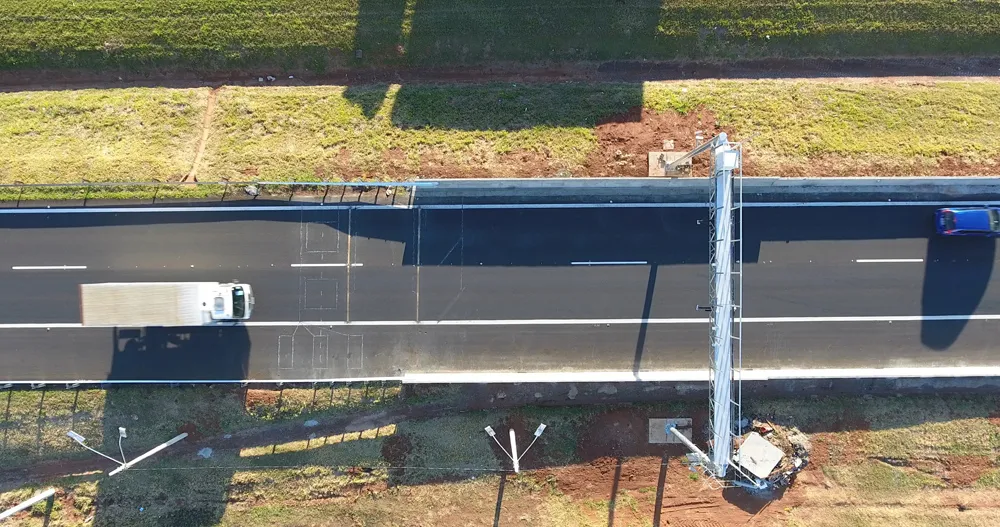The Brazilian Development Bank (BNDES) has announced financing for a project by WEG electric motors to develop technology for electric vehicles (EVs). The company will receive US$4.72 million from the Bank, representing 62.3 per cent of the total investment of $7.55 million.
April 16, 2012
Read time: 2 mins
The 6185 Brazilian National Development Bank (BNDES) has announced financing for a project by WEG electric motors to develop technology for electric vehicles (EVs). The company will receive US$4.72 million from the Bank, representing 62.3 per cent of the total investment of $7.55 million.
Whilst the number of EVs in Brazil stands at only 72, the growing national car market suggests a large potential for electric vehicles, including in specialised niche markets. To overcome the slow development of the Brazilian EV market, which is in part explained by Brazil’s fiscal policy and the heavy taxes placed on imported electric vehicles, Brazil will focus on the development of Brazilian made EV components. The BNDES investment in WEG is a key part of this strategy.
The investment will be split between two pathways: electric-drive hybrid research and purely electric traction research. Initially, WEG aims to use the funds to develop a lighter drive-train system, one that is more compact and efficient than those currently available, and to develop a new cooling system that would allow for weight reduction and increased reliability.
Research and development activities will be undertaken primarily at the company headquarters in Jaragua do Sul, Santa Catarina state, Brazil, although project partners such as universities or research institutes may also carry out research. The project is scheduled for completion in December 2013.
Whilst the number of EVs in Brazil stands at only 72, the growing national car market suggests a large potential for electric vehicles, including in specialised niche markets. To overcome the slow development of the Brazilian EV market, which is in part explained by Brazil’s fiscal policy and the heavy taxes placed on imported electric vehicles, Brazil will focus on the development of Brazilian made EV components. The BNDES investment in WEG is a key part of this strategy.
The investment will be split between two pathways: electric-drive hybrid research and purely electric traction research. Initially, WEG aims to use the funds to develop a lighter drive-train system, one that is more compact and efficient than those currently available, and to develop a new cooling system that would allow for weight reduction and increased reliability.
Research and development activities will be undertaken primarily at the company headquarters in Jaragua do Sul, Santa Catarina state, Brazil, although project partners such as universities or research institutes may also carry out research. The project is scheduled for completion in December 2013.







